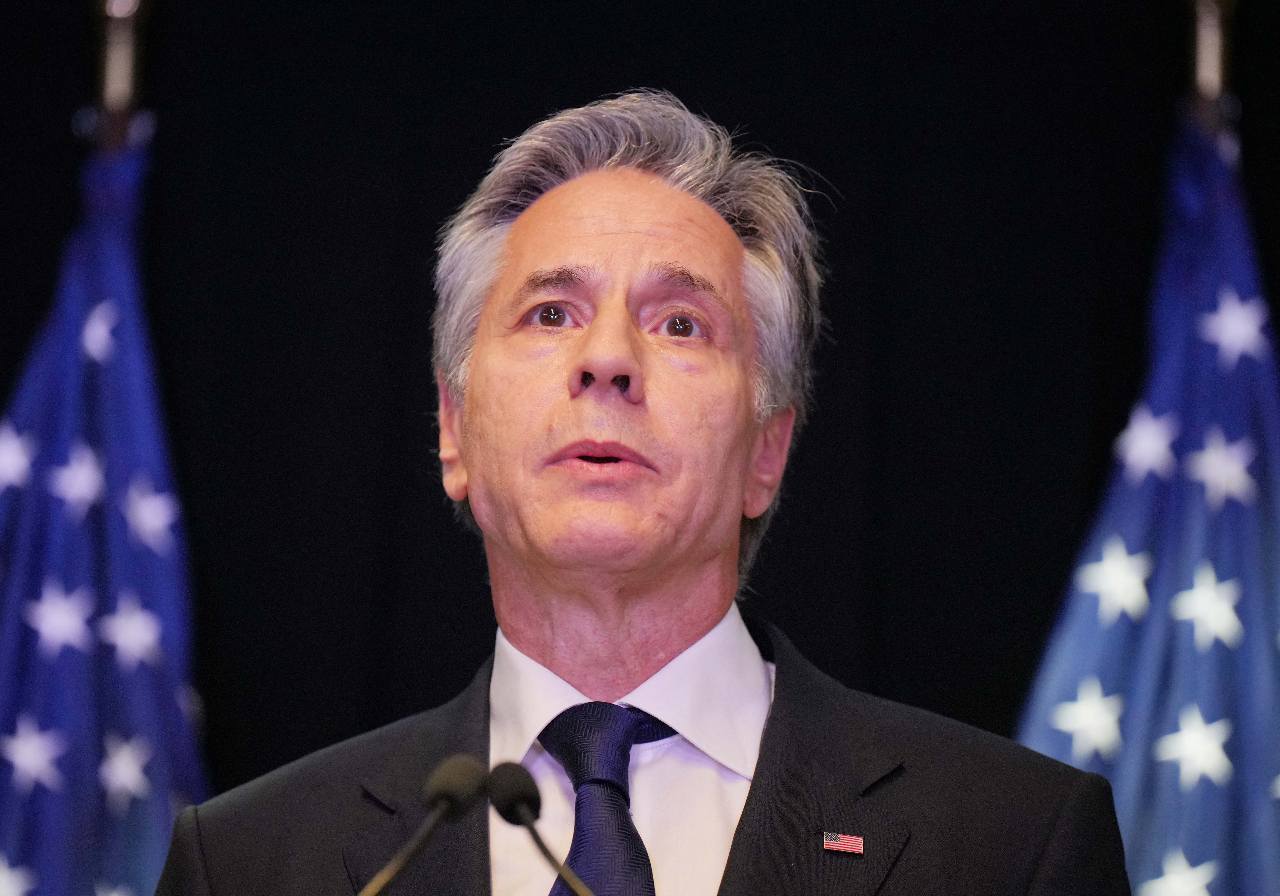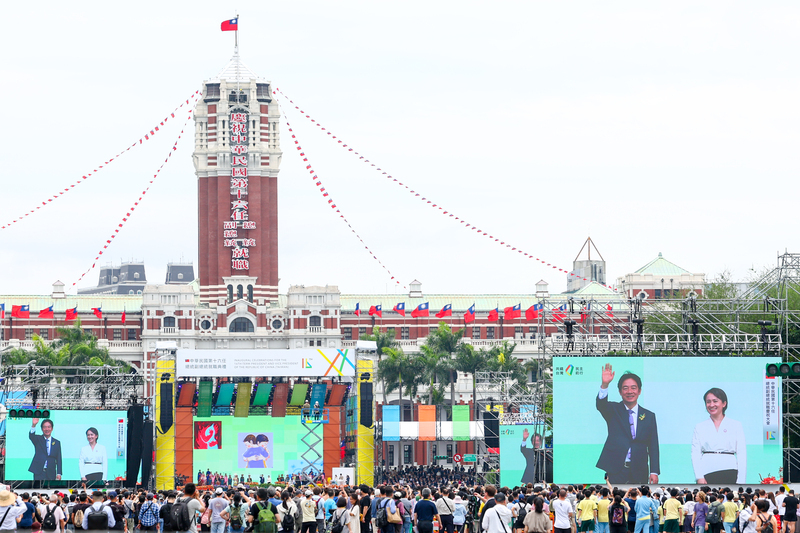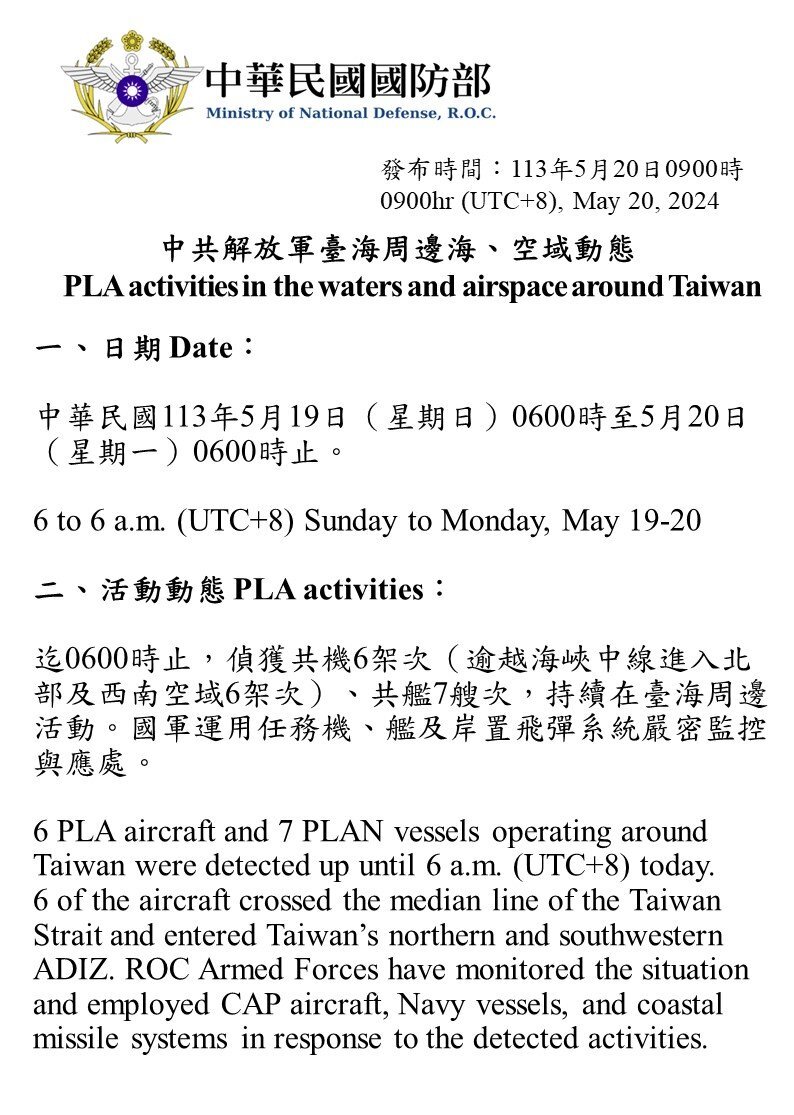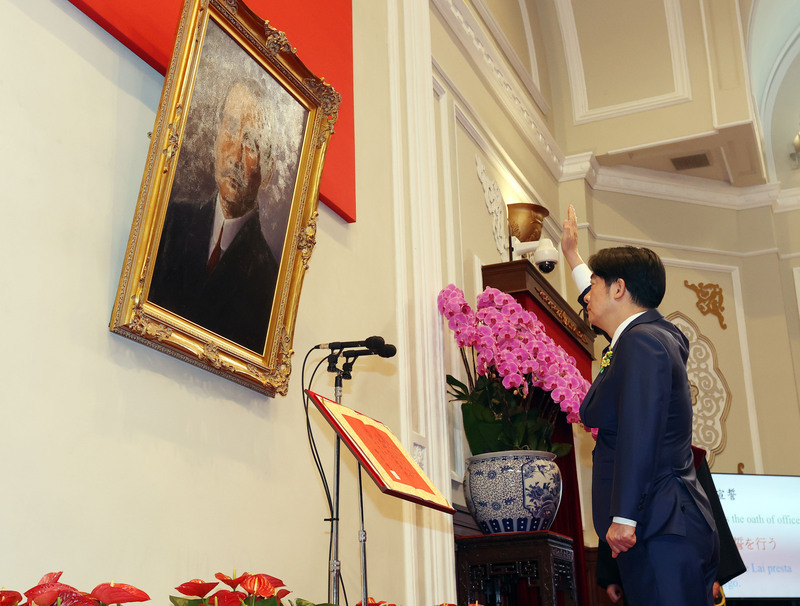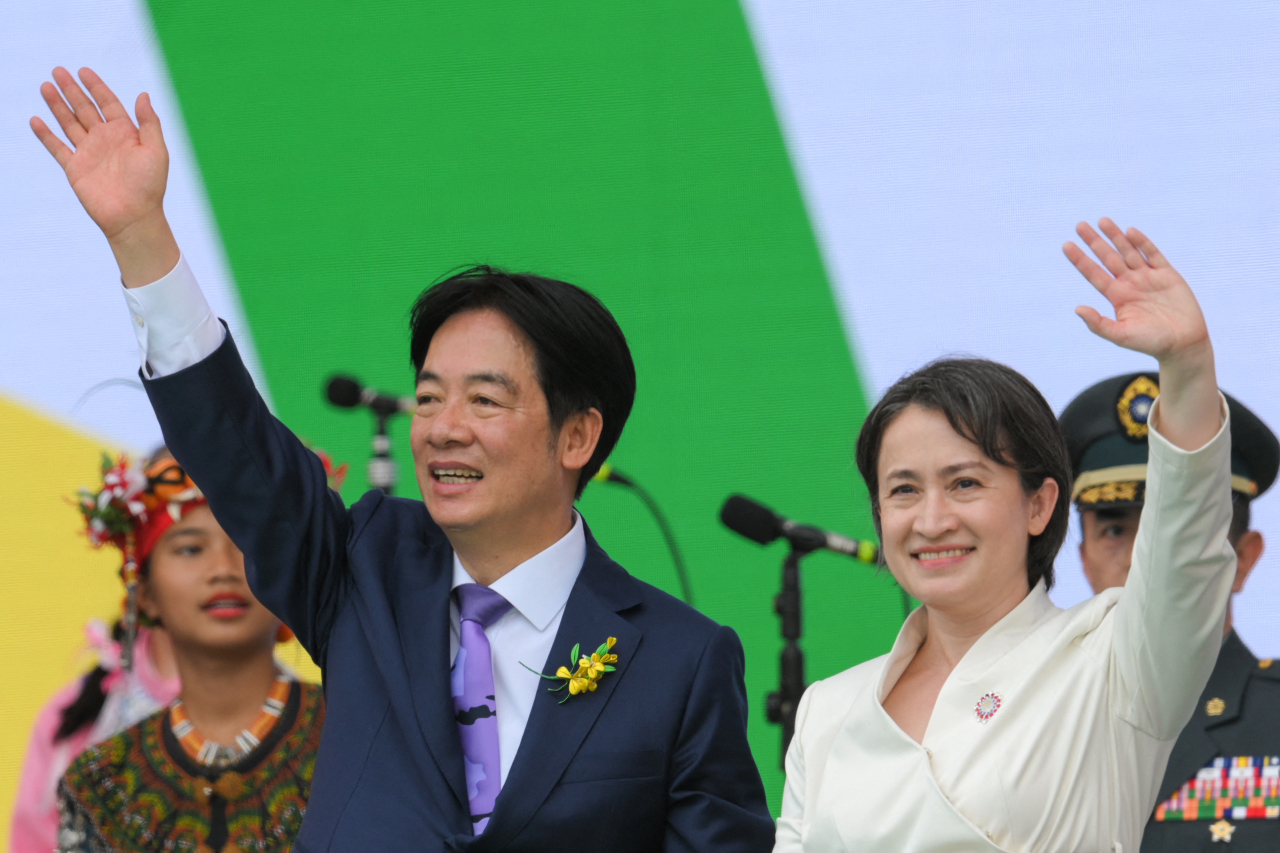
Online fact-checkers cannot keep pace with the output of disinformation and will need to rely on assistance from AI tools in the future. That’s according to Taiwan FactCheck Center’s deputy editor-in-chief Chen Wei-ting (陳偉婷) in an interview with CNA on Thursday.
International media such as AP recently wrote about Taiwan’s success in combating disinformation during the recent January elections. Chen’s organization was partly responsible for those efforts, as it has monitoring mechanisms for all the major social media platforms.
Chen says part of the problem is that writing fact-checking reports is time-consuming while creating misleading posts can be done almost instantly. For example, she says that fact-checks require at least two public sources for their claims, and often involve additional sourcing and interviews with experts. Furthermore, the boundaries on what qualifies as “disinformation” need to be carefully drawn, or fact-checkers run the risk of interfering with freedom of speech and losing their credibility with the public.
In addition to fact-checking posts and news articles, Chen says a significant amount of disinformation now comes in the form of fake photos or videos. She says that the center can use image searching and geolocation data to check the credibility of such media.
Chen says that the most popular topics of disinformation campaigns are related to everyday life, rather than major politics topics. She says this includes things like fake traffic fines or government fees. The point of such stories she says is to stir up public anger towards the government, making it appear intrusive and overbearing.
Chen says fake news relies on stoking emotions and reducing the space for a viewer’s careful consideration, with the hope that viewers will share the news with their networks as quickly as possible. Disinformation content tends to be very short, she says, because few people take the time to read long-form stories. Therefore, short posts with vague context and convincing images are often the most widespread.
AI tools are now both the source of and potential solution for disinformation, according to Chen. She says that her center once demonstrated that it could create a video with AI tools in just two minutes. While such videos may not be convincing enough to become viral, Chen says that refining a video to become more convincing could take as little as 30 minutes. She says it is now even possible to create fake news videos that include AI-generated news anchors.
To deal with this level of disinformation, Chen says Taiwan will need to develop and utilize AI tools for assistance. She says such tools could quickly determine which posts and topics need to be verified, which would significantly reduce the amount of manpower needed. She adds that choosing which information to debunk can be like “finding a needle in a haystack.” She also says such tools could potentially avoid the human bias of fact-checkers themselves when prioritizing threats. However, Chen says there are currently no suitable AI tools for this purpose and hopes to have more cooperation with the AI industry to accelerate the development of such tools.
